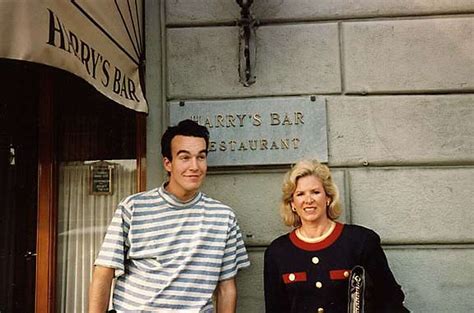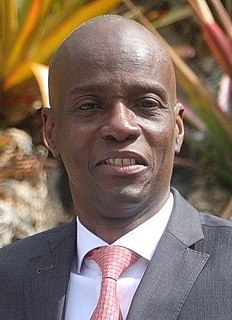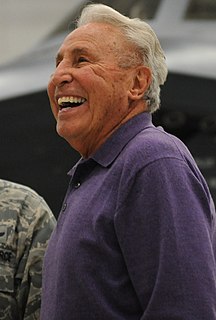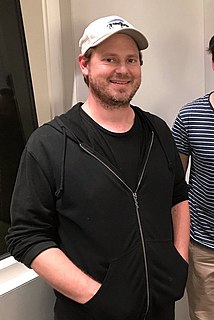A Quote by Sean Wilsey
There weren't a lot of people kind of manning the barricades in the sixties and looking up their genealogy.
Related Quotes
The total number of people that do a job that has the same description as mine in the entire world is fewer than 10. There's a lot of effort looking for life in space - that's a lot of what NASA does, but they're not necessarily looking for the kind of life that can hold up its side of a conversation.
I am also full of admiration for Chelsea Manning [formerly PFC Bradley Manning]. Regardless of which side of the argument you're on, he stood up for something he felt wasn't right. That was an extraordinarily brave thing to do, and I think he was unfairly punished for it. It's a really big deal what he did, and he did it for the betterment of all us, including the soldiers on the ground, as well as the civilians caught up in those conflicts.
I grew up in Columbia, Maryland, a planned community built during the sixties. During the early years, it was very integrated. I grew up being taught by black teachers with black principals and vice principals and, you know, a lot of black friends. We played in mixed groups, and I kind of thought that was how it was.






























